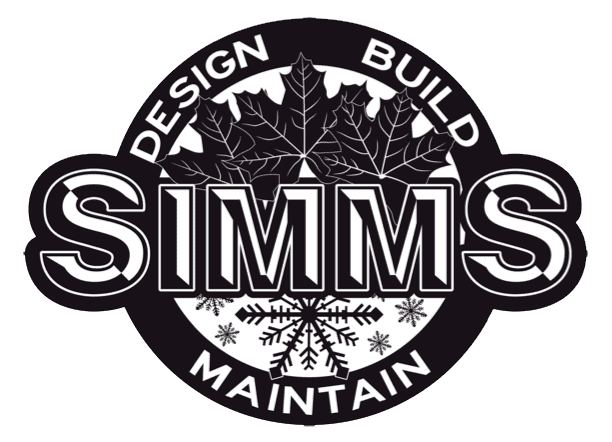Some tasks don’t always make it into the handoff packet, but they matter for long-term success. Soil testing is one. Utah’s alkaline soils often need pH adjustment or added organic matter, yet contractors rarely emphasize routine testing. Irrigation scheduling is another. A single timer setting won’t work year-round—spring, summer, and fall all require different runtimes and frequencies. Newly planted trees and shrubs also need special care: deep watering multiple times per week during their first growing season, not the same schedule as mature plants. Integrated pest management (IPM) is often left out too. That means inspecting regularly for pests, encouraging beneficial insects, and correcting plant stress before it attracts problems. Without this proactive approach, you may end up relying on chemicals as a last resort. Before your project closes, ask your contractor for a written maintenance guide covering soil, irrigation, pruning, fertilization, and pest checks. It’s the best way to protect your investment.
What maintenance might a landscape contractor not tell me about?
Related FAQs
-
Am I keeping up with the Joneses or overdoing it with landscaping?
The right balance depends on your goals, budget, and neighborhood context. In Salt Lake and Davis Counties, many communities value…
-
Why aren’t some of my plants coming back after winter?
Some plant losses after winter are normal, but patterns reveal whether it’s random or systemic. In Utah, common causes include…
-
How much is this landscape project going to cost me?
Landscape projects vary widely in price depending on size, materials, and scope. In Utah, small jobs like planting beds might…
